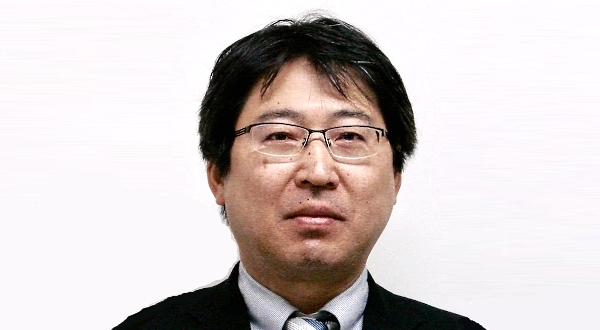
By Shin Kawashima
The Ministry of Foreign Affairs released an explanation of the Rising Sun Flag, an issue that mainly concerns Japan and South Korea, in English, French, Spanish and Hangul on November 8, 2019. The statement aims to explain the Japanese government’s stance on the flag, as indicated in the following paragraph:
“As you know, the design of the Rising Sun Flag is used widely throughout Japan, such as for indicating a good catch when used by fishermen, in celebration of childbirth and seasonal festivities, and for the Japan Maritime Self-Defence Force (JMSDF) vessels. Claims that the flag is an expression of political ideology or a symbol of militarism are absolutely false. It appears that this is a large misunderstanding.”
South Korea considers the Rising Sun Flag to be representative of Japanese militarism and has been responding sensitively to the use of the flag. In its statement regarding the flag, it appears that the Japanese government has attempted to engage in public diplomacy, with a focus on South Korea. With the South Korean media aggressively driving external communication in Japanese, the Japanese government’s initiative to communicate in Hangul is understandable.
However, the Japanese government’s multilingual communication efforts have been haphazard. For example, in 2014, Japan and China concluded a mutual agreement on four articles to set preconditions for summit meetings after six months of negotiations. Although the Japanese and Chinese versions were checked, the parties did not jointly prepare text for the standard English translation. Consequently, China announced its English version ahead of Japan, and it was this version which was quoted by the English-language media. Taking such a precedent into consideration, texts were prepared in Japanese and English for the statement announced by Prime Minister Shinzo Abe in August 2015, from which Chinese and Hangul versions were prepared. Texts in Chinese and Hangul were then published on the websites of the respective embassies. This episode reflects the Japanese government’s intention to draw on past experiences.
Recently, the number of multilingual websites has been increasing in Japan. A typical example is Nippon.com. However, attention should be paid to the fact that the amount of traffic to this website and the content varies by language. From the perspective of public diplomacy, this is closely connected to the importance of understanding the other party; in other words, understanding the interests of the other party and how a statement will be perceived. It is difficult to make such a statement from the government to the private sector or vice versa in ways that are not considered unilateral propaganda. Even if the government states, “These are the facts,” the other side may not be persuaded.
Taking such factors into consideration, it appears that the Japanese government is simply spreading a statement unilaterally with its explanation of the Rising Sun Flag. Nevertheless, the Japanese Government, which has taken a relatively cautious attitude towards external communication, should be given credit for its efforts to directly address Korean society in Hangul.
The Japanese government has been too focused on external communication mainly for English- and French-speaking countries to decide how to deal with the global propaganda battles being fought by China and South Korea. However, it is important to communicate directly with countries where Chinese or Hangul is spoken. It is the first step toward dialogue. Even if a statement appears one-sided, there is no denying the importance of the Japanese government presenting its views and anticipating the other party’s reaction. In this respect, the Embassy of Japan in Korea should receive credit for the relatively rich Hangul content on its website.
Similarly, the Embassy of South Korea in Japan has been disclosing the Japanese version of comments made by important persons with respect to Japan–South Korea relations, which should be praised as efforts to provide important information for Japan to have a better understanding of South Korea. East Asian countries should engage in direct dialogue without depending excessively on discussion via third party countries, the importance of which should be revisited if tensions escalate.
(
Shin Kawashima
is Professor at the University of Tokyor.)






0812ed4e-cac1-4f1d-9f26-d46cc751cd59ee29c23c-ceda-469d-b5af-f7e5a42a24c8.jpg)
1ee30310-67e3-4804-92f2-dde0c6e26894bd4a1f69-8679-4521-b5d5-7a1f0df06493.jpg)
a0621fc9-47cd-48f3-addb-82c6890cff6c411967ae-86f6-48bc-8075-707e31398849.jpg)
d7b1c578-d473-465f-b1f6-be11b88220fbbb5e3d26-0a3a-4930-addd-355a5ea6d48a.jpeg)
a698d713-9324-4c81-adcd-2b8280fd61013552d167-c034-4978-a923-8159a2c79294.jpg)
79a03b9f-ccd3-4ed9-9155-83b62ddaf491215efd35-dba2-488e-b370-b8c7c2fe2b1e.png)